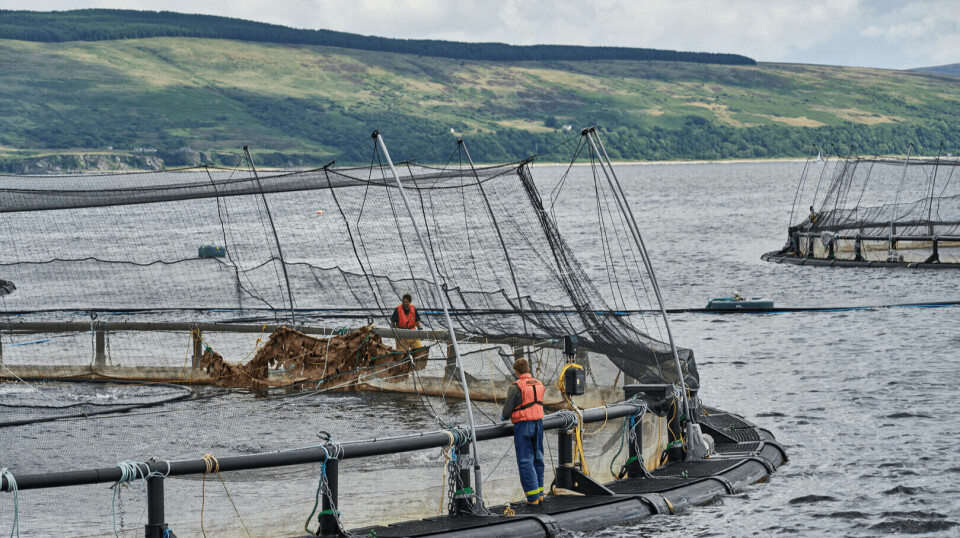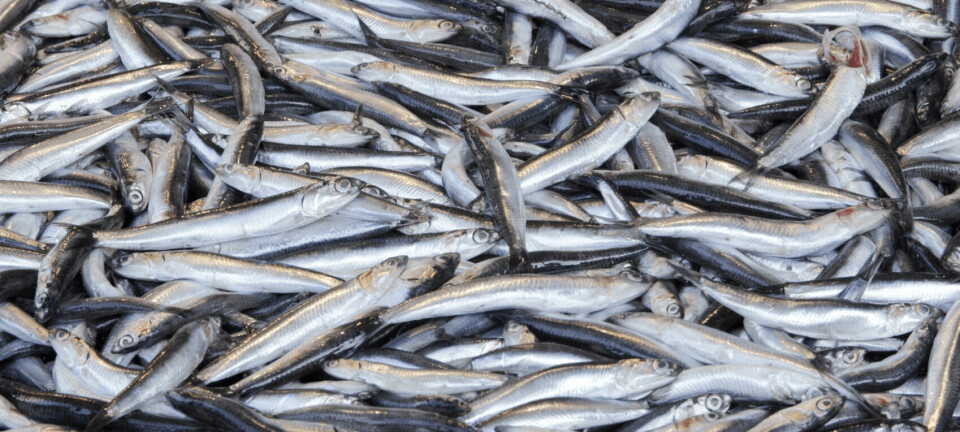
Profit up and biology better in Q1 for Mowi Scotland
But AGD and gill conditions 'still relatively prevalent'
Salmon farmer Mowi Scotland made an operating profit of €31.1 million (£26.8m) in the first quarter of this year, a 17% increase compared to the €26.6m made in the same period last year.
The rise was due to a larger harvest volume of 14,205 gutted weight tonnes (Q1 2023: 11,373 gwt). As previously reported in a market update last month, operational EBIT per kilo was €2.19, less than the €2.24 made in Q1 2023.
Mowi Scotland, which was recovering from biological challenges experienced in the autumn of 2023, had a price achievement of 106% compared to the reference price in Q1.
Volumes and prices up
“The biological situation for Mowi Scotland improved in the first quarter and there was a positive development in operational key performance indicators vs. the first quarter of 2023,” Mowi said in its Q1 2024 report published today.
“Furthermore, volumes and prices also increased from the comparable quarter.”
Production, mortality, feed conversion rate and superior share improved from the comparable quarter.
“Sea lice along with bacterial and viral diseases reduced in the quarter and were lower than in Q1 2023, however AGD (amoebic gill disease) and gill conditions are still considered relatively prevalent,” wrote Mowi.

Canada
In Canada, where Mowi farms on the Atlantic and Pacific coasts, lower prices contributed to an operating loss of €-2.1m, an €18.5m turnaround compared to the €16.4m operating profit in Q1 2023.
“The reference price level in Canada West decreased by 22% from the comparable quarter. Thus, the two-way division of the global salmon market between American and European origins with regards to price performance in 2023 continued in the first quarter,” stated the company.
“The combined price achievement for our Canadian operations was 9% below the reference price in the first quarter (4% below), negatively impacted by timing of harvesting.”
Harvest volume was 8,796 gwt (7,579 gwt). In Canada West (British Columbia), the harvest volume was 3,222 gwt, up from 2,119 gwt in Q1 2023 due to site mix. In Canada East, the harvest volume was relatively stable at 5,574 gwt (5,460 gwt).
Improvements in East
“Biological KPIs for Canada West were relatively stable from the comparable quarter. In Canada East, ISA (infectious salmon anaemia) detections and sea lice levels continue to improve from prior years and the region has seen steady improvements in farming performance, paving the way for increased smolt stocking going forward,” wrote Mowi. “Average harvest weight and superior rate improved from the comparable quarter, while seawater production was impacted by low temperatures."
The company added that Mowi Canada had improved its market reach and has made its first shipments to countries outside the US and Canada, including Japan, South Korea, and Taiwan. The company has also secured an export licence for China.
Ireland, Faroes, and Chile
Mowi Ireland made an operating profit of €4.2m in Q1, up from €1.3m in the same period last year. Harvest volume increased to 1,078 gwt from 781 gwt, and it also made money from selling ova.
“Survival rate and superior share improved significantly from the comparable quarter. Improved biological performance also contributed to lower cost,” stated Mowi.
Mowi Faroes made an operating profit of €9.2m (€7m) on a harvest volume of 2,627 gwt (2,130 gwt).
“Price achievement was 1% above the reference price in the quarter (5% below), with good sizes contributing positively,” wrote Mowi.
“Biological performance continues to be good, and average harvest weight and superior share increased from the comparable quarter.”
In Chile, operating profit was €11.9m, down from €15.9m in
Q1 2023 despite a larger harvest volume of 12,546 gwt (10,588 gwt), as a result
of lower prices in the Chilean operation’s main market, the United States.
Norway
In Mowi’s primary production area, Norway, an unusually high prevalence of string jellyfish, in addition to a very cold winter, led to a challenging quarter and operating profit fell from €244.7m in Q1 2023 to €138m. Harvest volume was down from 65,627 gwt to 54,711 gwt.
“The situation in Norway has improved considerably in the second quarter,” said Mowi chief executive Ivan Vindheim in a press release. “We are now vaccinating our smolt with an improved winter sore vaccine which has shown promising results so far, and we believe that this, together with other measures we are taking, will lead to a significantly improved situation next year.”
He added: “It is comforting to see biological improvements in Scotland compared with last year, and that our Chilean operation has coped well during the El Niño period. Mowi's other farming regions abroad have also achieved good biological results in the quarter.”
In total, Mowi harvested 96,500 gwt of salmon in the first quarter, leaving a seasonally record-high biomass in sea at quarter end. The company is on target to harvest a record-high 500,000 tonnes of salmon this year, it said.




















































